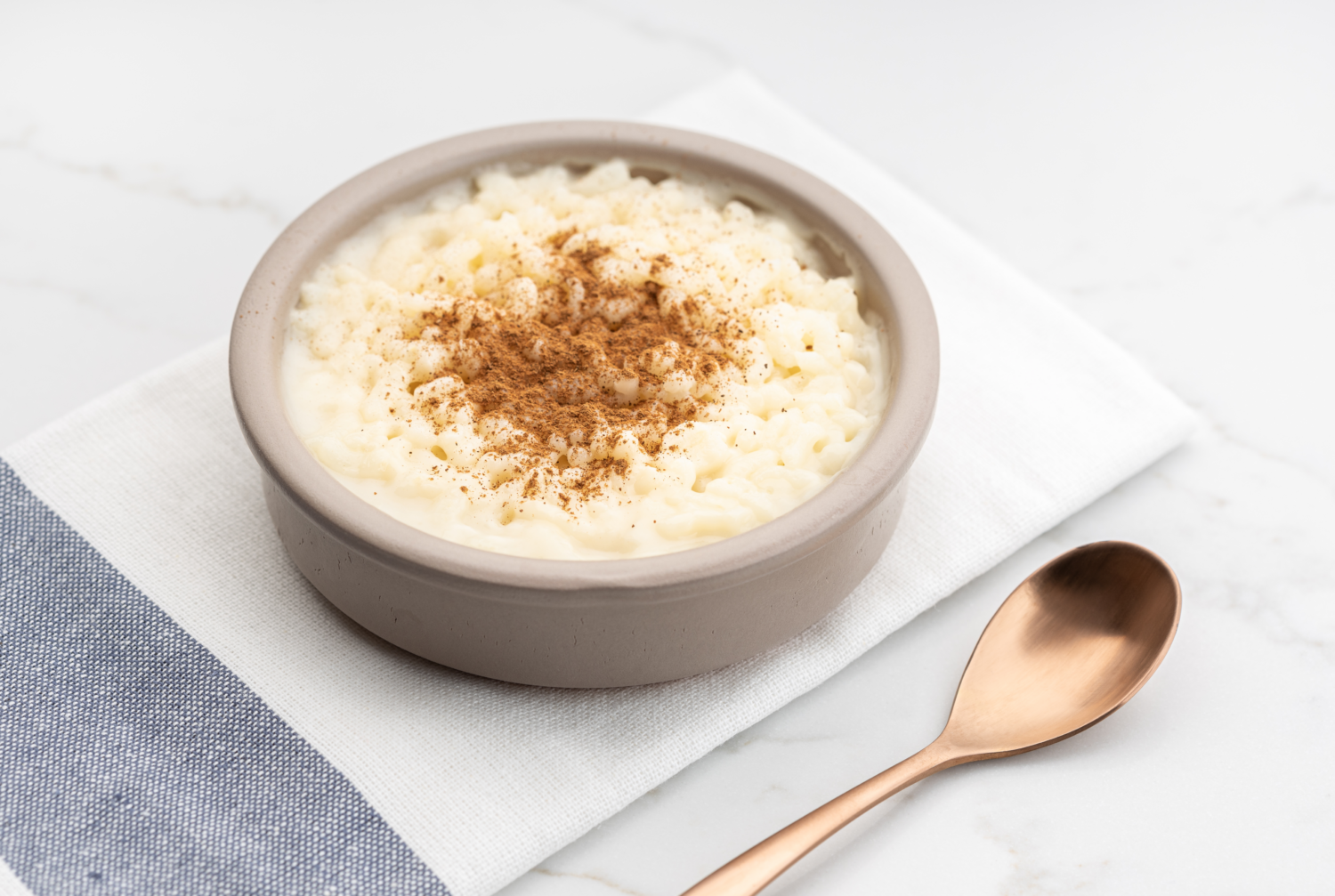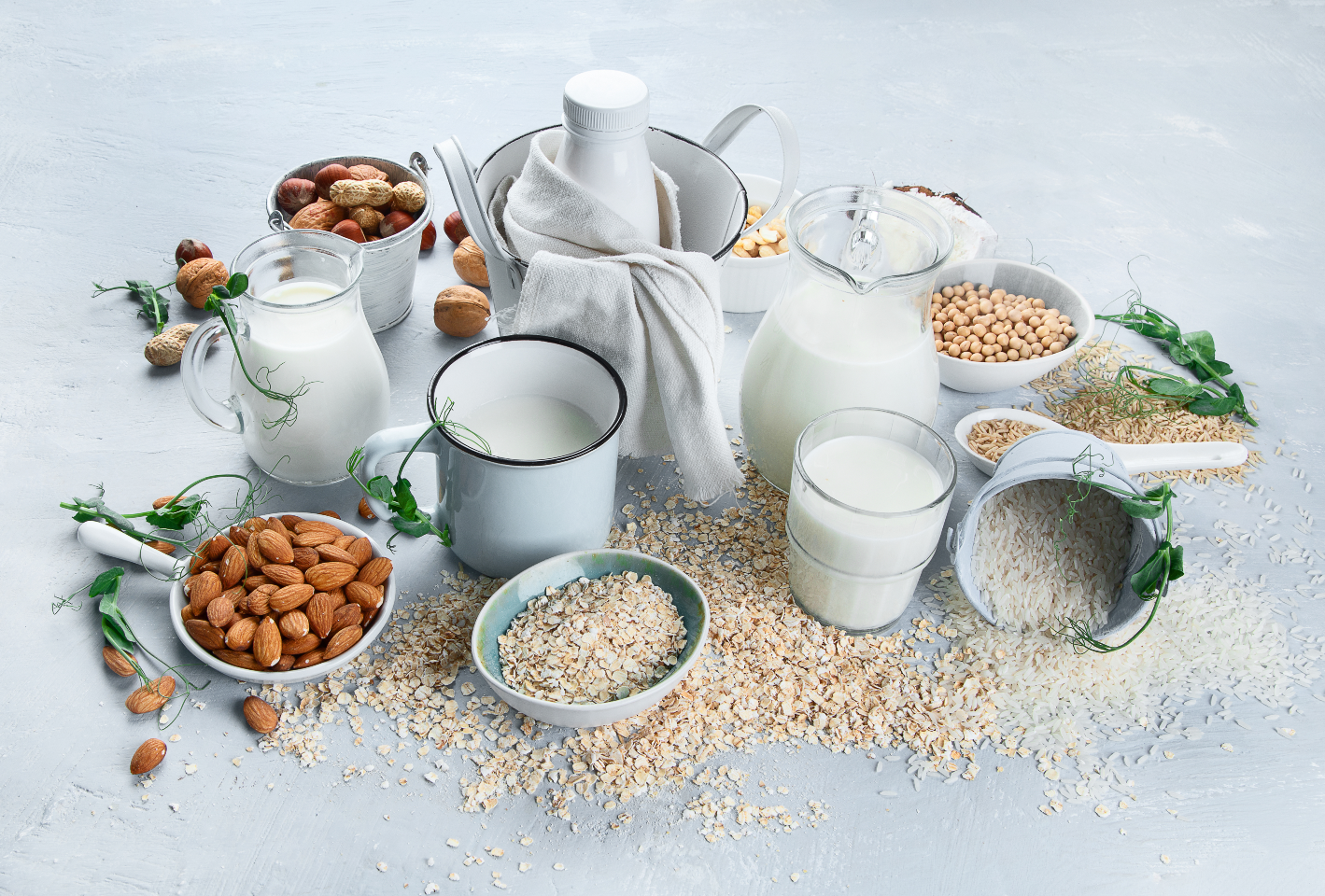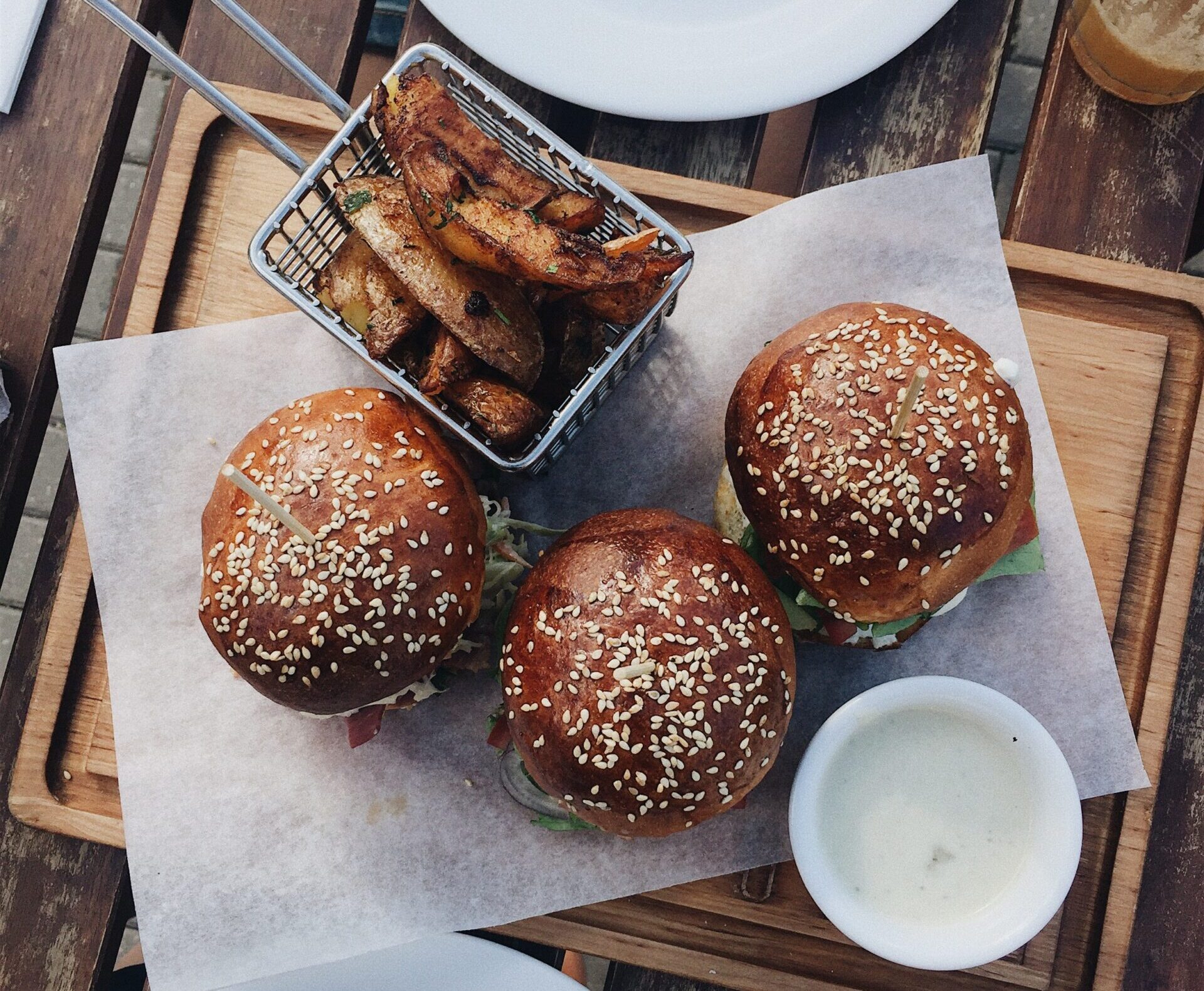Hello and welcome to the August 2023 edition of the Zero Waste LCR Food for Thought blog.
This monthly round-up of food-related dates features tips, recipes and facts which aim to help Liverpool City Region residents cut down on food waste to protect our planet for future generations…
Food Waste in Liverpool City Region
According to the Waste Composition Analysis 2021/22 – Kerbside report produced by Merseyside Recycling & Waste Authority, food waste across the six districts of Liverpool City Region (Halton, Knowsley, Liverpool, Sefton, St Helens and Wirral) makes up an average of 31.6% of all the kerbside collected residual waste collected, which equates to an estimated 134,107 tonnes per annum. Furthermore, it is estimated that 73.2% of all the food in the kerbside collected residual waste is classified as avoidable (meaning it is disposed of packaged or in a prepared but uneaten condition).
The Good News
The good news is that there are methods that residents across the region can introduce to reduce the amount of food waste. Generating less waste is a pivotal component in reducing the effects of climate change. Beyond creating a more sustainable environment, reducing food waste saves money and provides plenty of chances to get creative in the kitchen – even for those who wouldn’t usually dream of cooking.
So, without further ado, dig in and enjoy!
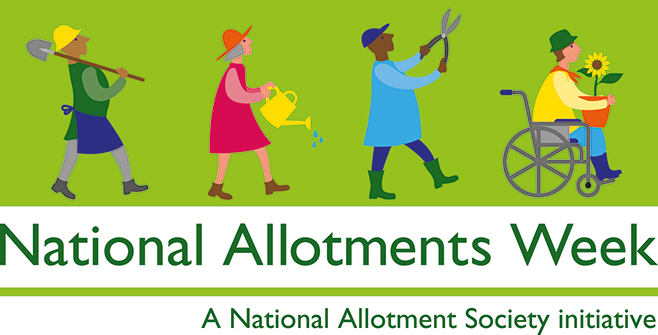
National Allotments Week (Monday 7 – Sunday 13 August)
As quoted by The National Allotments Society’s official website:
2023 marks the 21st year of National Allotments Week.
For the past two decades, The National Allotment Society and their members have used this period to engage the public in the world of allotments and publicize the benefit of allotment gardening for communities, individuals, and the planet.
This year, National Allotments Week will run from 7th-13th August with the theme of Soil Health.
Good soil health is widely accepted as way to improve yield when growing edibles but also contributes positively to biodiversity and the environment as the world faces more climate challenges. The NAS hope that this National Allotments Week will inform and educate gardeners old and new about the benefit of caring for the soil and the creatures that inhabit it.
Whether you lease or own an allotment, or you’re an avid gardener, National Allotments Week is not only a good way of engaging with the advice and resources available via The National Allotments Society’s website, but it’s also a good chance to reflect on this year’s theme and consider the soil health of your land and plants.
Quick tip: If you don’t own a water butt and/or you’re looking to reduce using a water hose, we have a sustainable way of gathering water for your plants:
- Before turning on your shower, place a bucket inside.
- Then, turn on your shower, allowing the bucket to capture the cold water before your shower reaches optimal temperature.
- Remove bucket from shower and place to one side for later use on your garden. You can use the water to hydrate your grass and plants. This simple hack also works with a wide rim watering can and is a great way of preventing water waste and helping to maintain your garden and growing crops!
Want to pick up more handy gardening tips? Follow us on Facebook, Twitter and Instagram to view our latest gardening and plant-growing hacks.
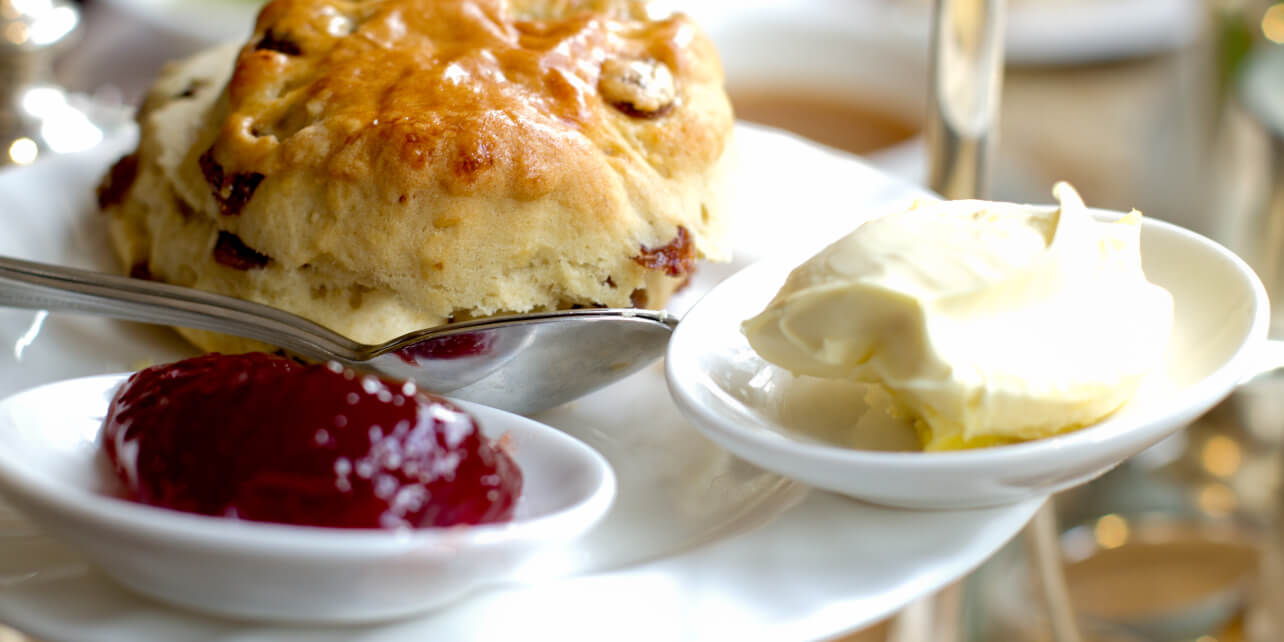
National Afternoon Tea Week (Monday 7 – Sunday 13 August)
National Afternoon Tea Week is traditionally a great chance for people to go out with their loved ones and make the most of discounts and offers for this quintessential British treat across the country.
While this is a great incentive to dine out and support local businesses, there are other ways we can celebrate the joys of afternoon tea if the locations on offer are out of reach… By embracing homemade recipes!
According to a 2021 article from Sustainability Matters Daily, homemade cooking is beneficial for the environment because:
- It gives us complete control over the sources of our ingredients.
- It allows us to control food and packaging waste.
- The energy consumption of a domestic kitchen is lower than that of a commercial kitchen.
- It’s healthier for you, the environment, and your money.
With all the above points in mind, here’s a selection of recipes covering some of the foods that make up this quirky, delectable delight which has become a stalwart of British cuisine:
Slow Cooker Bread
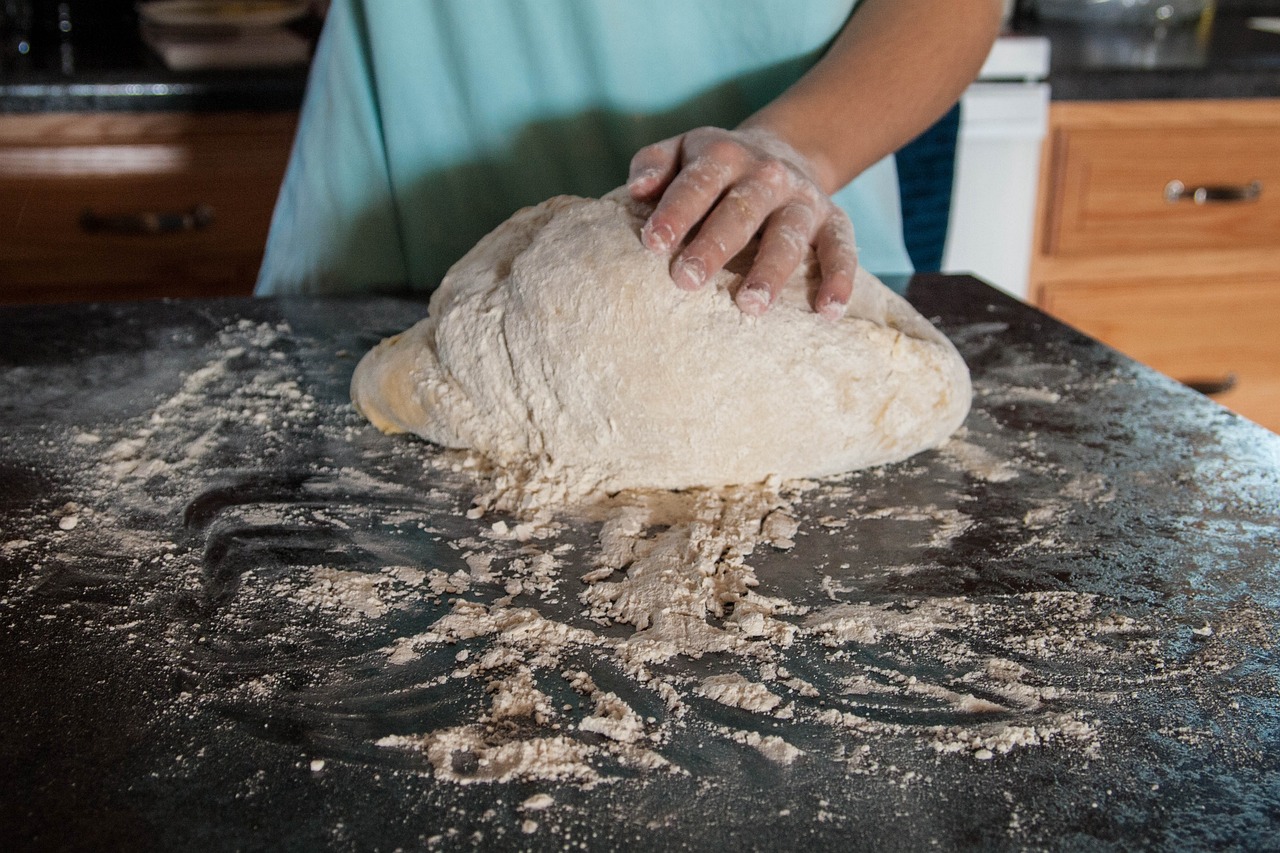
Sandwiches are the savoury staple of afternoon tea, which is why we had to feature slow cooker bread* on our list!
As quoted by BBC Good Food editor, Barney Desmazery, “this simple project is perfect for beginners and uses strong wholemeal or white flour”, so the choice is yours when it comes to deciding which type of bread to make.
Coming in at 15 minutes prep and between 2 hours – 2 hours, 40 minutes cook time, this recipe will provide the perfect bread for your afternoon tea sandwiches. With a springy consistency straight from the slow cooker, or the option to bolster you crust via an extra 5 minutes in the oven, you can customise the bread to your liking.
Visit here to view the slow cooker bread recipe: www.bbcgoodfood.com/recipes/slow-cooker-bread.
If you’re stuck for ideas on what sandwiches to make for your afternoon tea selection, then this list of recipes may help!
*We have opted to share a slow cooker bread, as this is a more energy-efficient way to bake, meaning that it’s less carbon-intensive and therefore less of a contributor towards climate change. However, if you do not have access to a slow cooker at home, there are plenty of oven cooker homemade bread recipes online to explore via a search engine of your choosing! BBC Good Food is generally a good place to start – although, if you’re looking to introduce a twist to your afternoon tea sandwiches, this list of zero waste sourdough discard recipes from the Zero Waste Chef is also handy!
Homemade Cakes
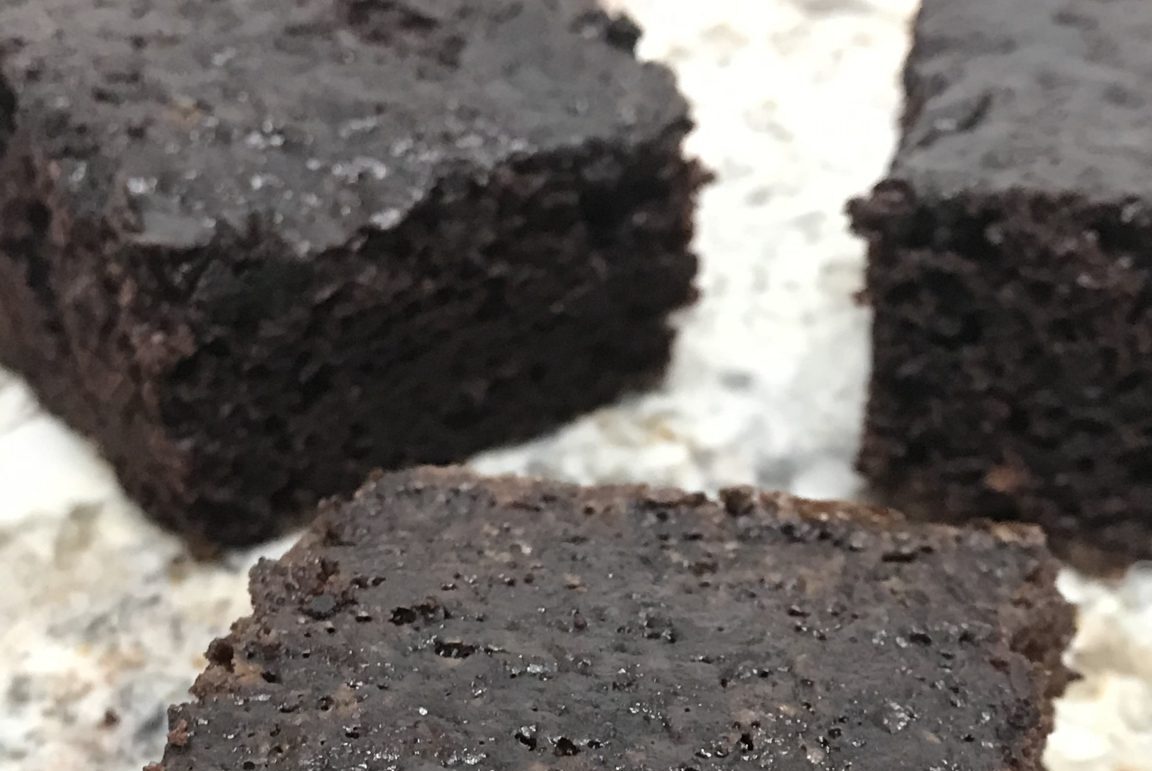
After you’ve eaten your afternoon tea sandwiches, odds are you’re going to be reaching for some scrumptious cakes – luckily enough, we have a couple of recipes on hand for you to peruse!
Scroll down to National Bakewell Tart Day in this blog to discover a tasty recipe courtesy of Love Food Hate Waste, or check out our World Chocolate Day blog from July, which features two zero waste chocolate cake recipes for you to try at home.
Homemade Scones
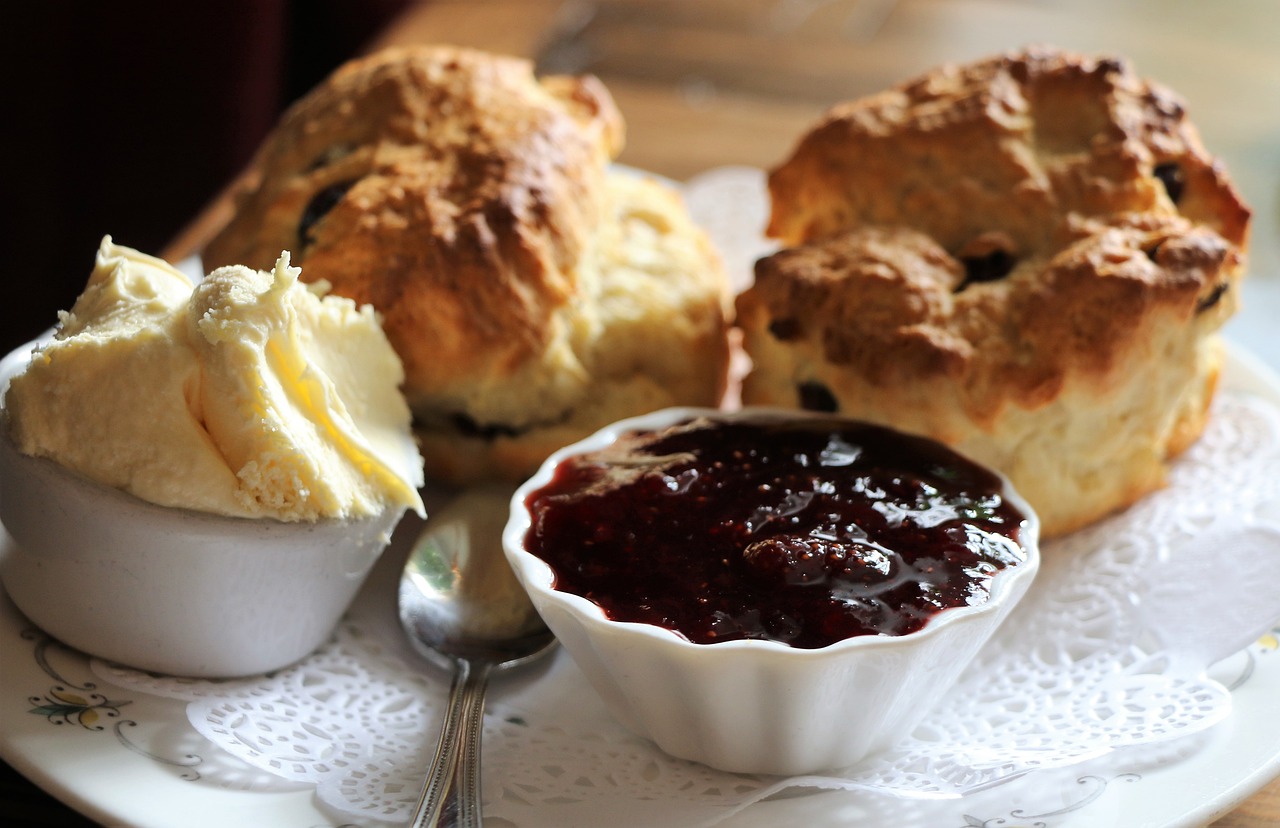
If you’re not reaching straight for the cake after you’ve eaten your afternoon tea sandwiches, then perhaps it’s a scone you fancy?
If so, here’s a great 3-ingredient zero waste recipe which will have you questioning “why have I not tried this before?” …
Posted back in June 2022 for the Too Good To Go Food-Saving Blog, this recipe is a great way of turning past-its-best yogurt into a firm afternoon tea favourite.
Quick Fruit Jam
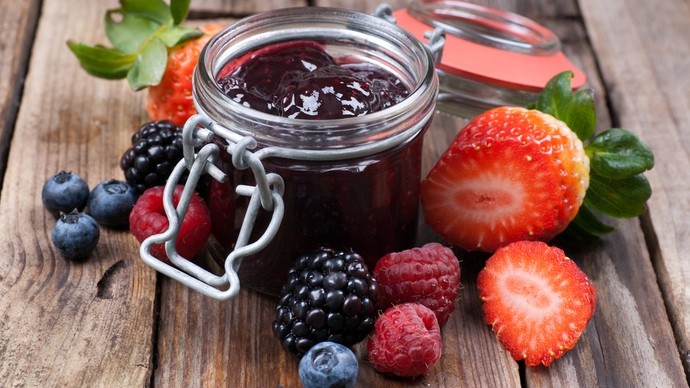
Afternoon tea lovers know all too well that nothing goes down better with a scone than jam and cream. Or is it cream and jam? Does the order in which they go on even matter? Given the debate in recent years, we would say that it very much matters! But, alas, we digress…
While we may not be able to provide a definitive answer to the best order in which to apply jam and cream*, we can at least assist in giving you the method of how to make jam at home.
The great news? It’s super simple to make – and it stops overripe fruits from going to waste. Seriously, what’s not to love?
Check out this ‘Quick Fruit Jam’ recipe on the Love Food Hate Waste website – not only does it tell you how to make the sweet familiar favourite, it also tells you what to store it in, where to store it and what its shelf life is!
*A side note while we’re on the subject of cream – check out this list of tasty dairy-free alternatives which provide a lower carbon footprint (scroll towards end of article to find the ‘Dairy-Free Cream’ section).
Tea

We suppose you’re wondering, “What about the tea part?” … It is an afternoon tea we’re talking about, after all! Well, we’re using this opportunity to share a tip rather than a recipe.
If you’re looking to add a zero-waste twist to your tea, then the best advice we can give is to opt for loose leaf tea over tea bags.
Loose leaf tea has a depth of flavour, but the greatest environmental advantage it holds over its tea bag counterpart is that it is free from plastic.
Switching from tea bags to loose leaf tea is just one way we can move towards compostable, biodegradable waste and stop the microplastics contained in tea bags heading to landfill.
Available in a similar price bracket to tea bags, loose leaf tea can be purchased from a range of local retailers and online.
National Rice Pudding Day (Wednesday 9 August)
National Rice Pudding Day not only provides us with a chance to celebrate a traditional British sweet treat, but it also allows us the opportunity to remind dessert lovers of a great way to use leftover rice…
This recipe – posted back in January 2023 by Susan Jane White for the Irish Independent – is a great way to “combat climate change” to “give leftovers a lift-off”, as the article states.
Readers interested in making this comforting sweet dish can register for free* to read the article, which not only shares a great recipe but also provides some great insight to the effects that food waste has on the planet.
*Registration takes less than a minute to complete and is free of charge.
National Bakewell Tart Day (Friday 11 August)
Hailing from Bakewell, Derbyshire, the aptly named Bakewell Tart is up there with Britain’s best cakes and desserts.
One of the things which is so great about this sweet treat is that it’s a great way to use up overripe fruits – ensuring zero waste and maximum benefits!
If you’re stuck for a recipe, we’ve pulled one from the vault of Love Food, Hate Waste, which can be viewed below:
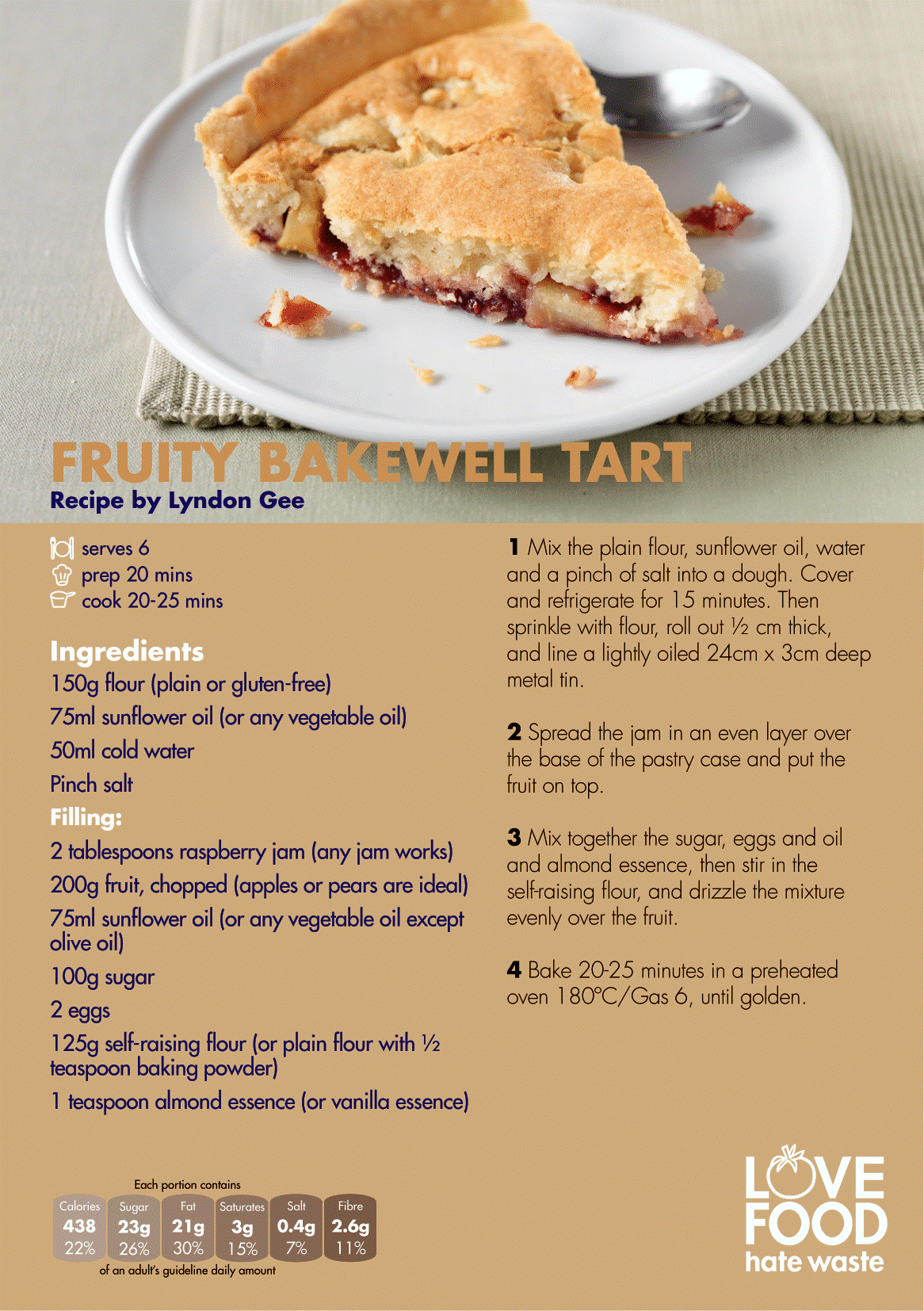
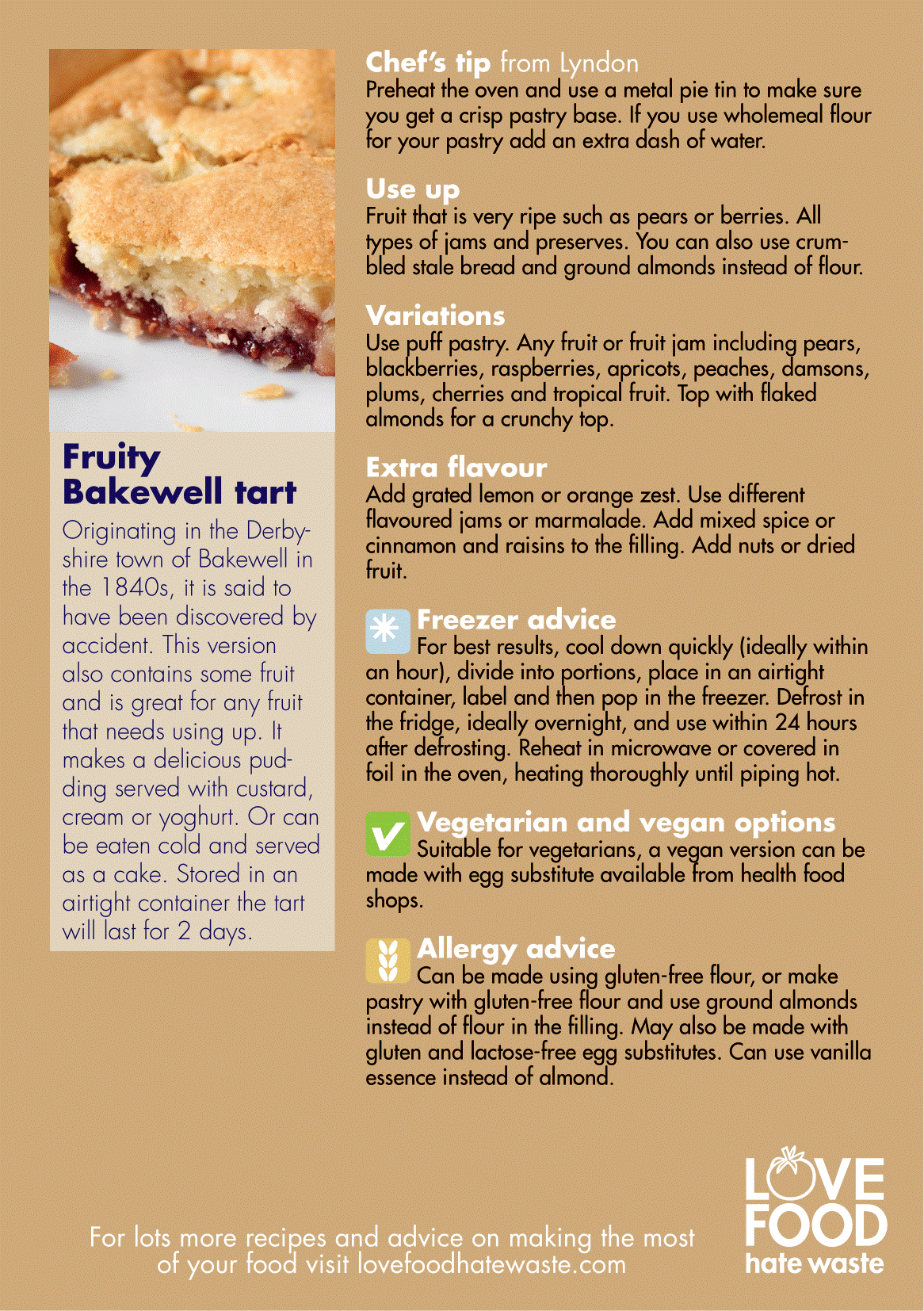
World Plant Milk Day (Tuesday 22 August)
For many, World Plant Milk Day is every day…Lactose intolerance and veganism are just two of the big drivers behind why some people are favouring dairy alternatives in their everyday lives.
However, there’s another big reason why even non-vegans and lactose tolerant people are favouring plant milk over its dairy counterpart: To reduce their carbon footprint.
According to studies sourced in this 2020 article from The Conversation, dairy is estimated to be around three times more greenhouse gas emission-intensive than plant-based milks.
Committing to dairy alternatives – be it occasionally or on a permanent basis – is just one of many ways a person can shrink the size of their carbon footprint.
Soy, almond, coconut, hazelnut, cashew, oat and rice milk are all great alternatives which offer similar shelf-life to dairy (once opened) and can act as a base for other food recipes, as demonstrated here by the official World Plant Milk Day website.
Furthermore, plant milk is used in other dairy alternatives such as cheese and yoghurt – meaning there are more ways of reducing our dairy intake beyond cutting cow’s milk.
The bottom line is that plant milk may not be for everybody, but it’s certainly worth a try. If dairy alternatives don’t work for you, then don’t beat yourself up about it – as Anne Marie Bonneau (aka The Zero Waste Chef) says: “We don’t need a handful of people doing zero waste perfectly. We need millions of people doing it imperfectly.”
There are other ways beyond consuming dairy alternatives which can help us to reduce waste and our carbon footprint – follow us on Facebook, Twitter and Instagram to find out more.
National Burger Day (Thursday 24 August)
For many across the country, National Burger Day is a chance to celebrate one of their favourite tasty treats. For us, it is a chance to issue a reminder of more sustainable ways in which people can enjoy burgers… And, of course, to share some tasty recipes!
Beef Burgers
We all know how much of a hit beef burgers are on a global scale, never mind just here in the UK! These fast-food items have become a familiar option for people to eat across restaurants, takeaways, barbecues, and even as part of a tea-time meal at home.
So, what’s the beef?
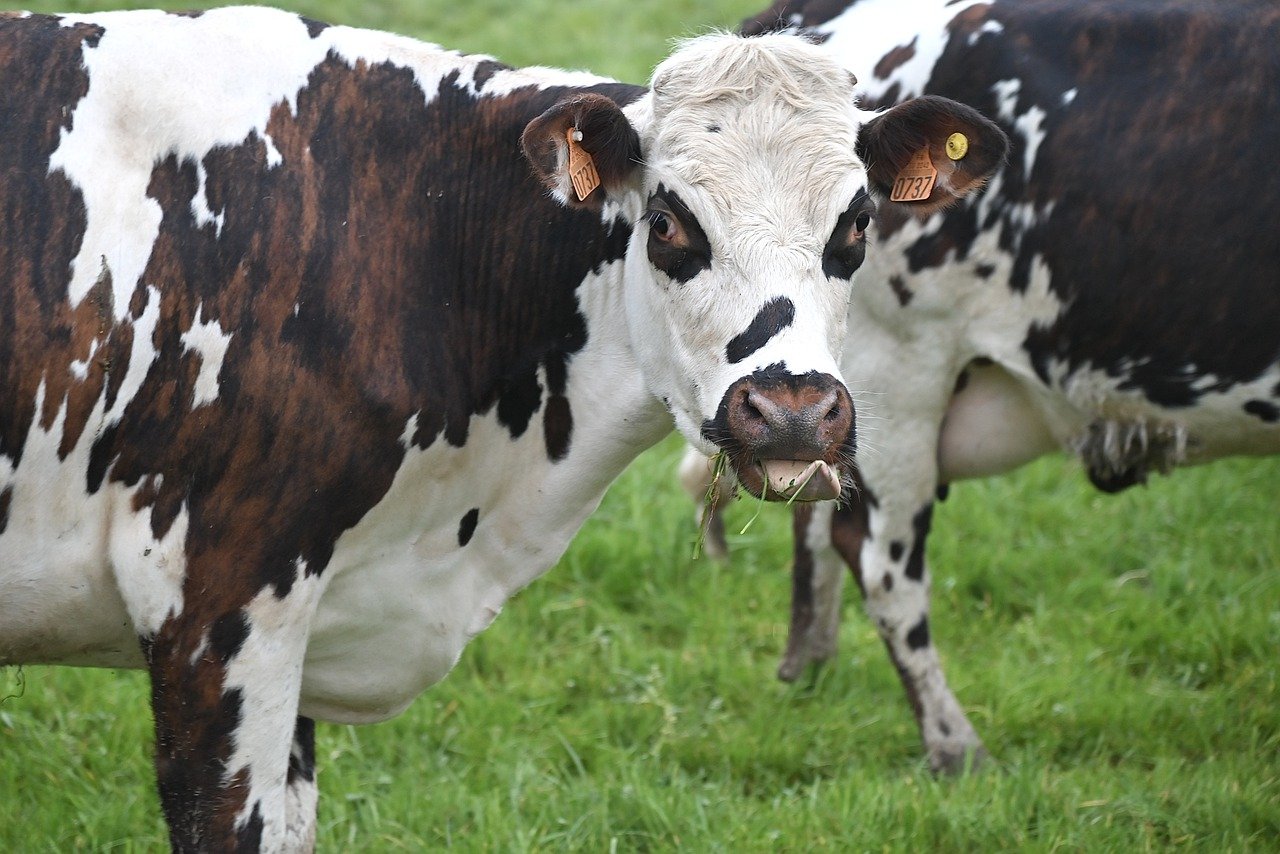
As is the case with dairy, the reason why beef has become a big talking point is because of the methane emissions produced by cows. A 2021 article from The Guardian stated that “cows and other farm animals produce about 14% of human-induced climate emissions”.
What can we do about it?
While choosing vegetarian or vegan alternatives – which we’ll come onto a little later – has universally grown to be accepted as the better option for humanity to reduce its carbon footprint in the beef vs the environment debate, we understand how big an ask something like this can be for accustomed meat-eaters.
Although beef consumption has been widely berated in recent years, there are high-welfare, eco-friendly options out there.
A 2020 article from The Guardian cites British, pasture-fed beef as a more environmentally friendly option when compared with imported produce. The article indicates that the best way to ensure you are making a strong ethical choice when purchasing beef is by checking the labelling. Labels to look out for when purchasing beef burgers in the future are ‘organic’, ‘Country of Origin’, ‘RSPCA Assured’, and ‘Pasture for Life’.
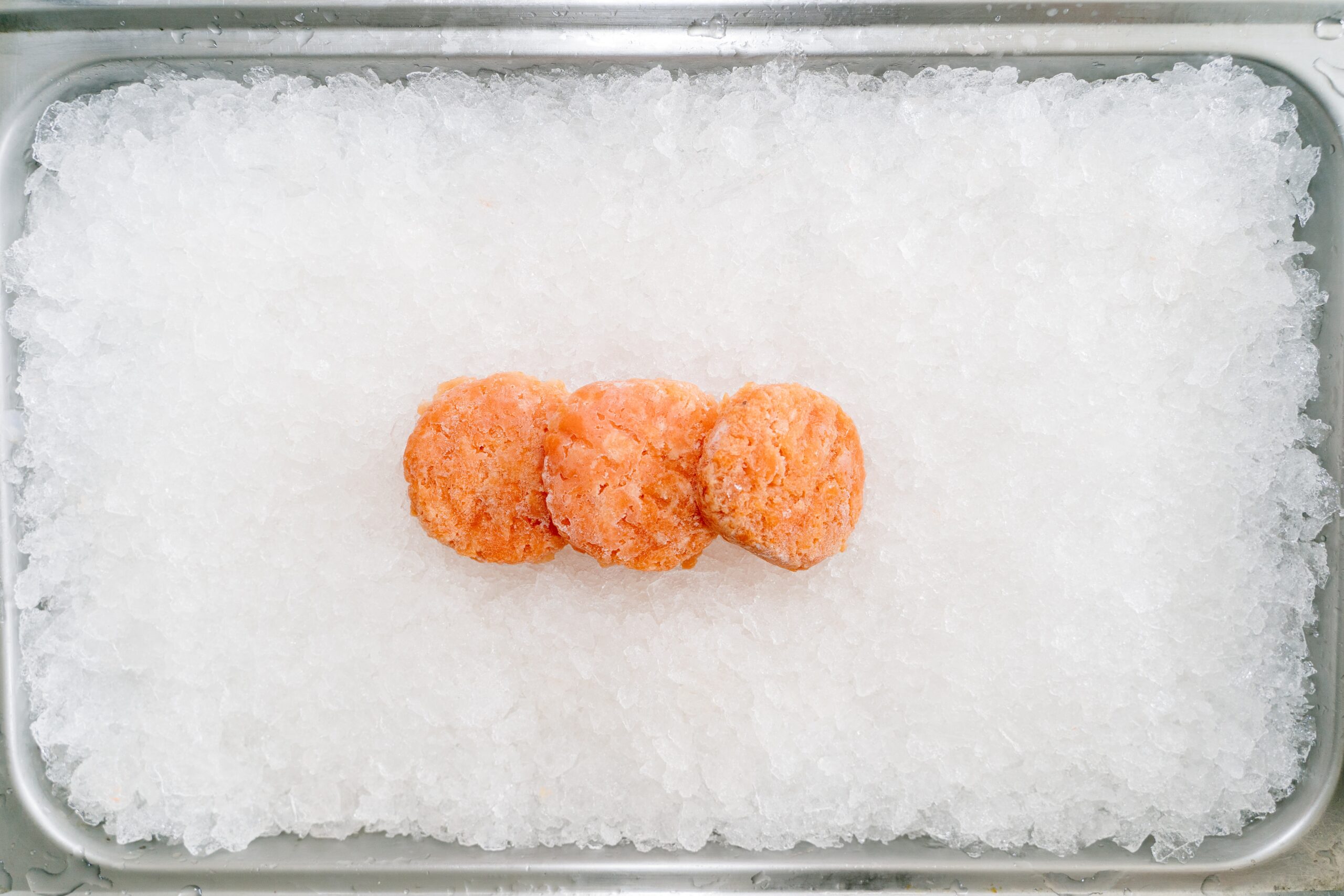
Another more sustainable option would be to purchase beef burgers from a local butcher, as the meat which they sell tends to be sourced from local suppliers who practice sustainable farming, which helps to conserve the landscape and reduces the supply chain. Or if you’re dining out for your beef burger, restaurants such as Honest Burgers in Liverpool are a great way to eat British-reared, grass-fed beef.
Beyond making more sustainable-savvy beef purchases, reducing the amount you eat on a weekly basis and favouring less carbon-intensive meats such as chicken and turkey are other options to consider.
Embrace Flexible Eating Choices
The other option to consider for meat-eaters is to adopt more of a ‘flexitarian’ approach. As stated by BBC Good Food:
“Flexitarianism or ‘casual vegetarianism’ is an increasingly popular, plant-based diet that claims to reduce your carbon footprint and improve your health with an eating regime that’s mostly vegetarian yet still allows for the occasional meat dish. The rise of the flexitarian diet is a result of people taking a more environmentally sustainable approach to what they eat by reducing their meat consumption in exchange for alternative protein sources.”
Many meat-eaters are already embracing this approach, due to the uprise in readily available, affordable, and above all, tasty meat alternatives which have been popping up in fresh food and freezer aisles at the supermarket. Already established brands such as Quorn and Linda McCartney Foods have in recent years been joined by thriving vegan meat providers such as THIS, Beyond Meat and Oumph! – all of which provide a vast range of alternative meat products, including quality tasting burgers!
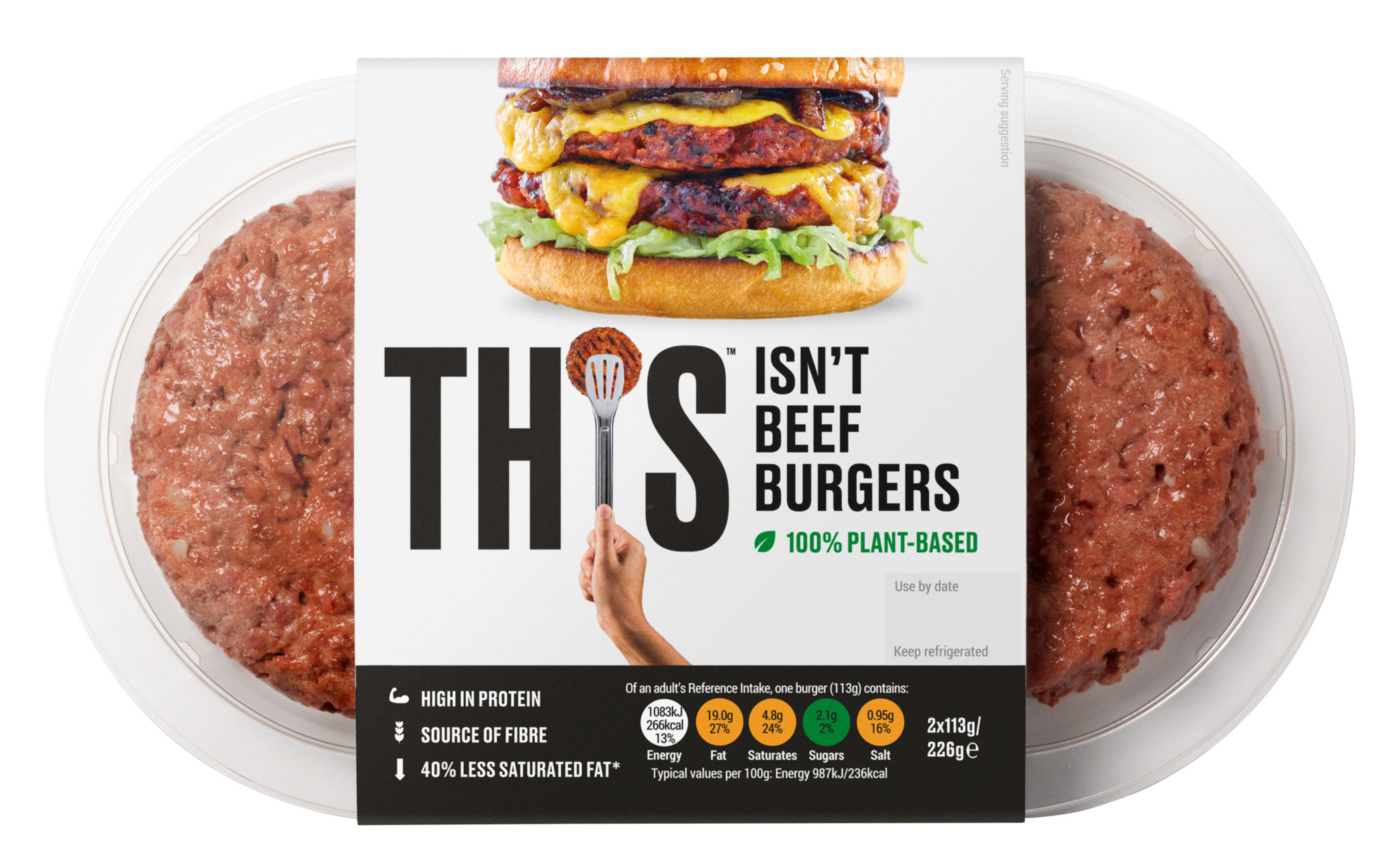
Even dining out has become more accessible with regards to being able to purchase sumptuous vegan burgers, thanks to the uprise in vegan menus at existing restaurants and takeaways, in addition to specialist vegan fast-food eateries such as Down The Hatch in Liverpool and Zero Clucks Given in Wirral, for example.
If vegetarian or vegan meat alternatives aren’t your thing, then there’s a whole host of recipes to try at home which incorporate vegan food items such as tofu, falafel, and quinoa to name a few. BBC Good Food has a range of delicious vegan burger recipes you can try here – many of which have received 4 – 5 star ratings!
That’s a wrap!
Thank you for taking the time to read our Food for Thought blog – we hope you’ve enjoyed it and we’ve given you some great take-aways (no pun intended) on how you can reduce food waste and make sustainable-savvy decisions in a tasty manner!
Please note, with the exception of MRWA-published documents, external links feature within this article are not officially endorsed by MRWA and are for reference and information purposes only.


